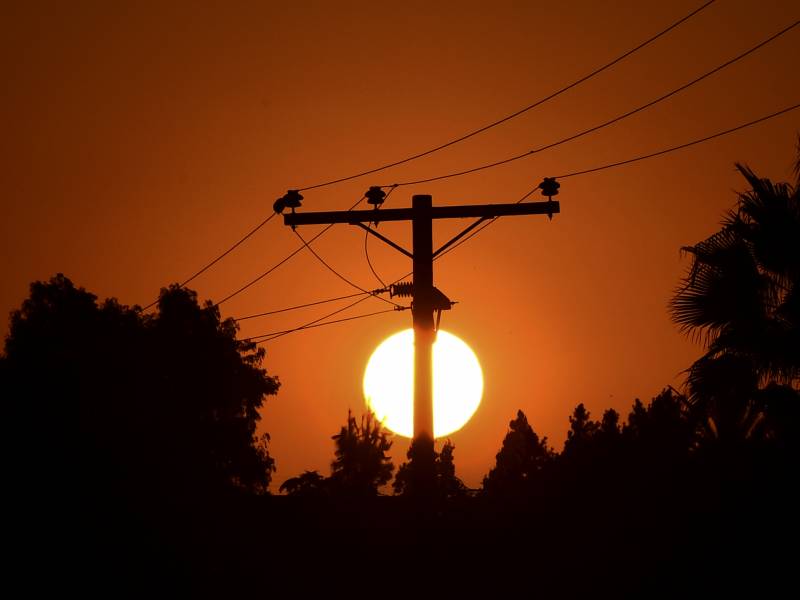So what we really need is to make sure that the organizations and agencies that are responsible for representing consumers, that they also receive the resources they need. We need the ratepayer advocate office of the U.S. and these other institutions to be well resourced. They have to be in the game. They have to be representing the rest of us.
How can we prevent future blackouts?
Loretta Lynch: Other Western states and other local government-owned utilities within California are not blacking their customers out and are not charging these exorbitant prices. This isn’t about climate change — the blackouts — because they all face droughts, wildfires and too little water to run their hydro systems.
The difference here is, California turned its electricity system over to a private corporation that answers to the feds. And we created an electricity market that has become a casino for the electricity traders. And we all pay and pay and pay. We have to shut down that casino or protect our people and our businesses.
I know from speaking with fire survivors in places like Paradise, in Sonoma County, they want nothing more than to not have to have PG&E provide their power. How realistic is it, this idea of decentralizing or having people kind of do their own thing?
Steve Weissman: Well, as it happens, UC Irvine is now really on the cutting edge in terms of trying to develop its own internal reliability by creating what people refer to as a microgrid, which would have a lot of the features like renewable energy sources and storage and the ability to relate to the bigger grid, but to isolate when there’s a problem on the bigger grid.
There’s a difference in terms of what reliability means to different kinds of customers. And there is now, fully, the technological capability of having these microgrids not only serving something as holistic as one university campus, but serving broader communities, taking care of emergency services within a particular city, for instance.
But we have a challenge in the state law, which was designed to protect the monopoly status of traditional utilities and doesn’t allow for this kind of, what I’d call, a community-based microgrid system, to be installed without being encumbered with all the regulations that traditional utilities would have. And efforts to deal with this in the Legislature have been quashed.
I think there’s a tremendous amount of concern, especially among the utility workers’ representatives, that this would somehow lead to a loss of good union jobs. And I think that’s not a necessary result.
But in the meantime, the state is spending, through the energy commission, millions of dollars to promote various kinds of pilot examples of these microgrids. And I think there’s no doubt that you could not only improve local reliability by having that kind of structure, but you also could improve the reliability of the broader grid by having many, many decentralized energy sources to work with.

